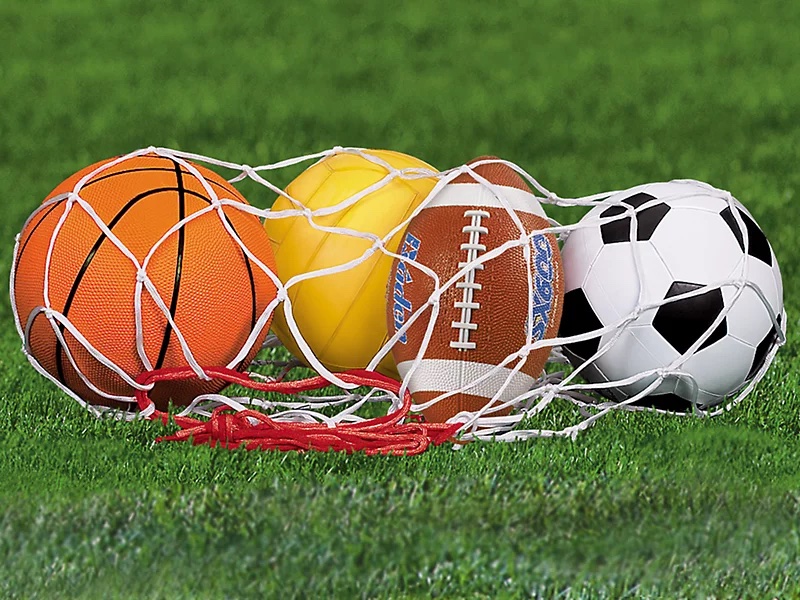Sports have always been a part of human culture and society. This isn’t just because of how strong people are or how much they like to compete. Many of the rules, rituals, and traditions of sports today come from stories and legends from mythology and folklore from the past. In this blog post, we’ll look at some of the myths that have shaped the sports we love.
The Game of the Gods Is In Basketball
Basketball is one of the most popular sports in the world. People from all over the world play and watch it. Few people, though, know that basketball comes from the stories and legends of the ancient Maya people. According to their folklore, the gods of the underworld used a rubber ball and stone hoops to play a game that was like basketball.
As the sport changed over time and spread to new places, it took on new shapes and rules. In 1891, Dr. James Naismith came up with the modern game of basketball. He was inspired by the game “duck on a rock,” which he and his friends played when they were kids in Canada. But the game’s history and traditions still show that it has deep roots in mythology.
The Battle of the Titans in Football/Soccer
Football, or “soccer” as it is called in some parts of the world, is another sport with deep mythological roots. In Greek mythology, the Titans were a strong group of gods who fought for ten years against the Olympians. The Titans were eventually defeated and sent to the underworld, but they left behind a ball game called Episkyros, which is still played today.
Episkyros was played by two teams of players who tried to kick a ball made of animal bladders across a line in the middle of the field. The game was known for being rough and violent, with people using their fists and feet to get ahead. Over time, the game changed into what we know today as football, with rules that stress fair play and working as a team.
The gods fight it out in wrestling
One of the oldest sports in the world, wrestling has been around for thousands of years. Wrestling was seen as a way to honor the gods and show how strong and skilled you were in many cultures. Wrestling was one of the most popular sports in ancient Greece, and competitions were held at big festivals and events.
The story of Heracles, the son of Zeus who was known for being strong and brave, is part of the mythology of wrestling. Legend has it that Heracles fought Antaeus, a powerful opponent who got his strength from the earth itself. Heracles beat Antaeus by lifting him off the ground and crushing him in a bear hug. This showed that he was better than both Antaeus and nature.
Wrestling is still a popular sport, and there are still wrestling matches at the Olympics and other big events. Even though the rules and techniques have changed over time, the mythological themes of strength, skill, and perseverance still speak to fans and athletes alike.
The Search for Perfection in Golf
People often think of golf as a sport for the rich and powerful, but its history is full of myths and stories. In Norse mythology, the gods used to play a game called “gnome-golf” in the meadows of Asgard. For the game, you used a club made from a deer’s antlers to hit a ball into a series of holes.
Over time, the sport changed into a more formal version with rules that emphasized accuracy, strategy, and skill. Golfers try to hit the ball with just the right amount of force and in the right direction so that it goes into the hole. This drive to be the best is shown in the story.
In conclusion, the world of sports is not just about physical strength and competitive spirit, but also about the stories and legends that have shaped our favorite games. From the gods of the Maya civilization playing basketball to the Norse gods playing gnome-golf, the mythological roots of sports have inspired and influenced the rules, rituals, and traditions that we know and love today. These stories and legends are a testament to the enduring power of sports, which continue to captivate and inspire us with their rich history and deep cultural significance. Whether we are playing or watching, we are all part of this great tradition that spans time and connects us to the ancient myths and legends of the past.

